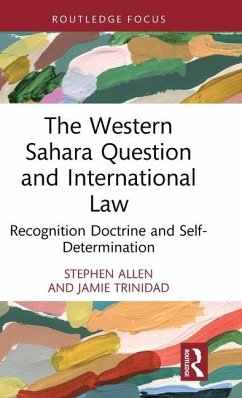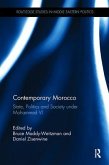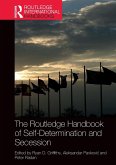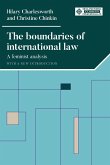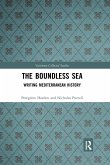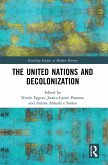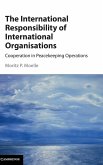This book analyses recent developments concerning the application of the international legal doctrines of recognition and self-determination in relation to the Western Sahara Question. It investigates the emergent shift in favour of Morocco's sovereignty claim to Western Sahara as apparent from the positions adopted by an increasing number of third States in the United Nations and the recent spate of third States establishing consulates in Western Sahara, with Morocco's encouragement. It reflects on what the functioning of the doctrines of recognition and self-determination in this situation reveals about contemporary international law in practice more generally. The work will be of interest to scholars, researchers, and postgraduate students as well as practitioners of public international law who have a particular interest in decolonisation, self-determination disputes, and/or conflicts about natural resource entitlements. It will also appeal to readers with an interest in the work of International Organisations, including the United Nations, the European Union, and the African Union, and to specialists in international relations and regional politics. The Open Access version of this book, available at http://www.taylorfrancis.com, has been made available under a Creative Commons Attribution-Non Commercial-No Derivatives (CC-BY-NC-ND) 4.0 license.
'The reader has in [their] hands a specific study on a classic but highly topical question in public international law: does the opening of consular offices in an occupied territory constitute recognition of the sovereignty of the occupying state over the territory? This short and interesting study rigorously analyses this question and serves as an introduction to the Western Sahara conflict for those unfamiliar with it.'
Juan Soroeta, Professor of International Law at the University of the Basque Country.
'The book is a delight to read and provides a comprehensive analysis of the Western Sahara question, shedding light on the complexities of the dispute and its implications for contemporary international law.'
Nektarios Papadimos, book review in International & Comparative Law Quarterly
Juan Soroeta, Professor of International Law at the University of the Basque Country.
'The book is a delight to read and provides a comprehensive analysis of the Western Sahara question, shedding light on the complexities of the dispute and its implications for contemporary international law.'
Nektarios Papadimos, book review in International & Comparative Law Quarterly

